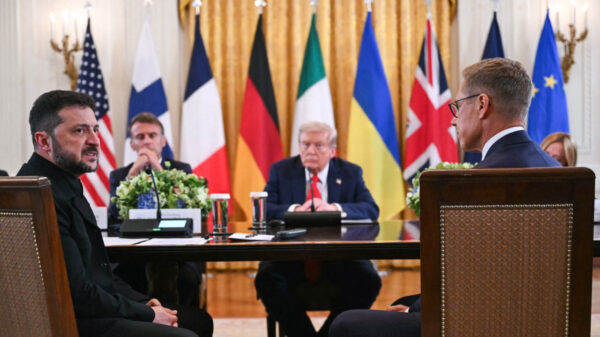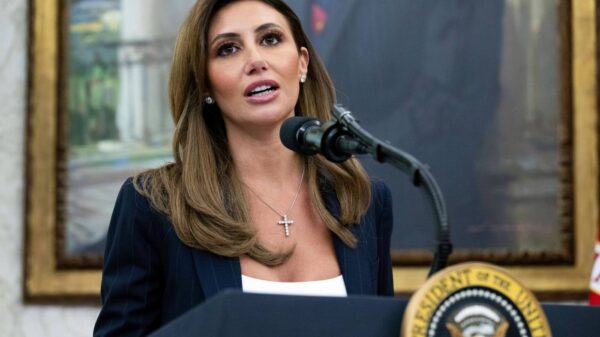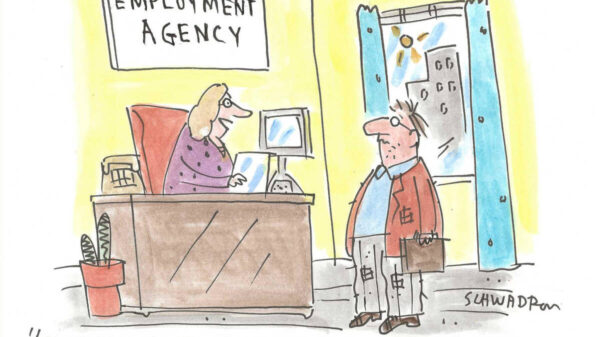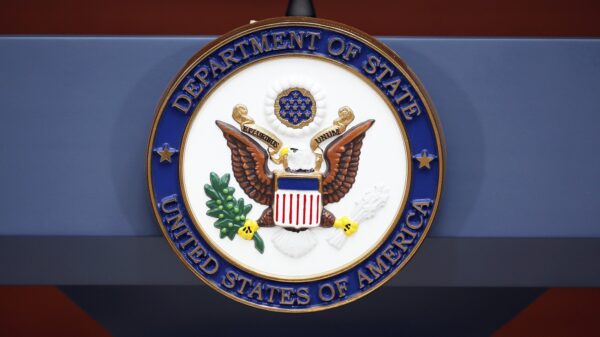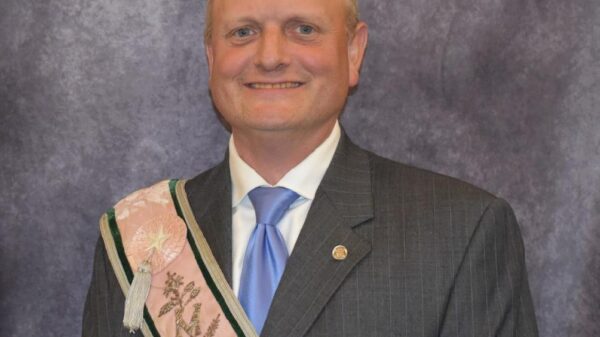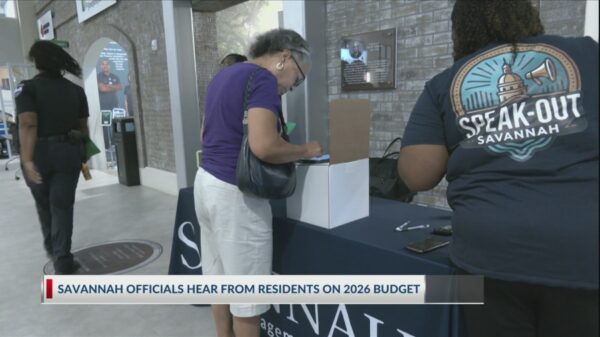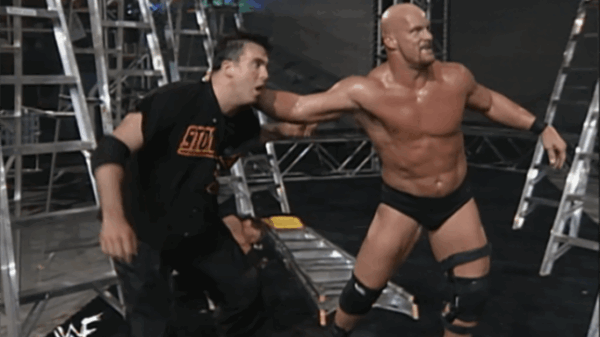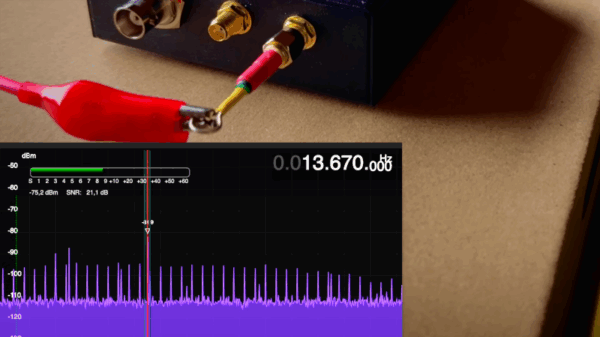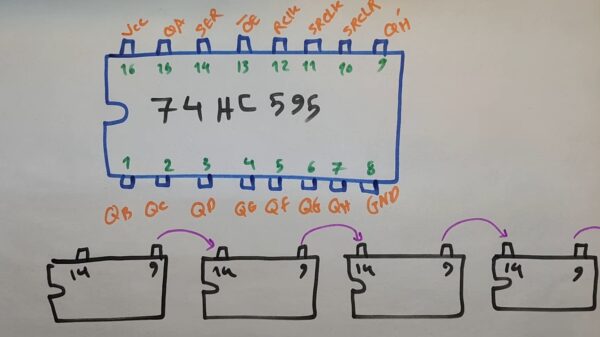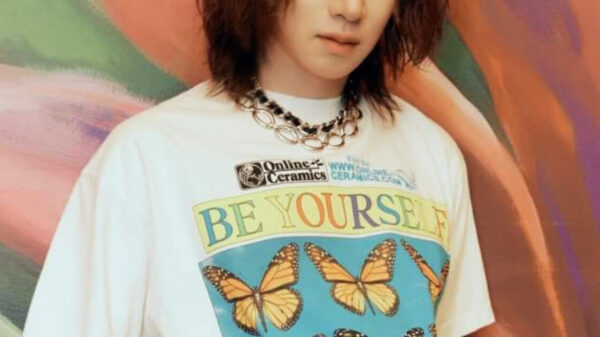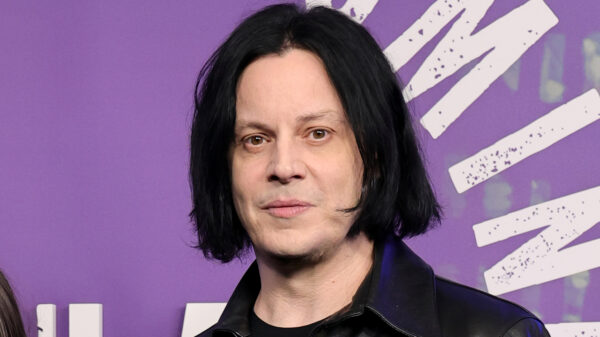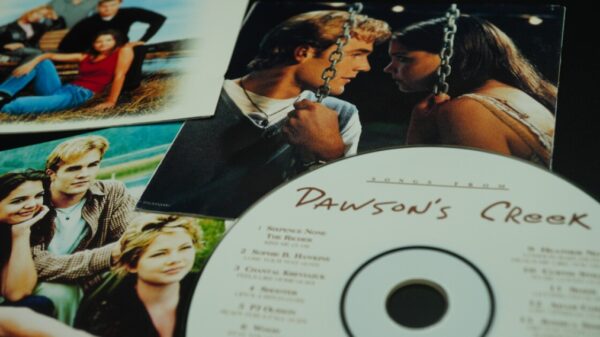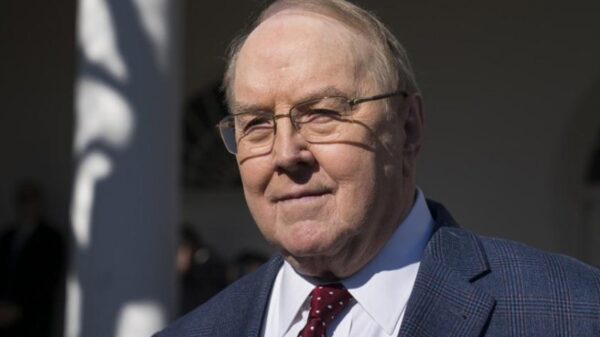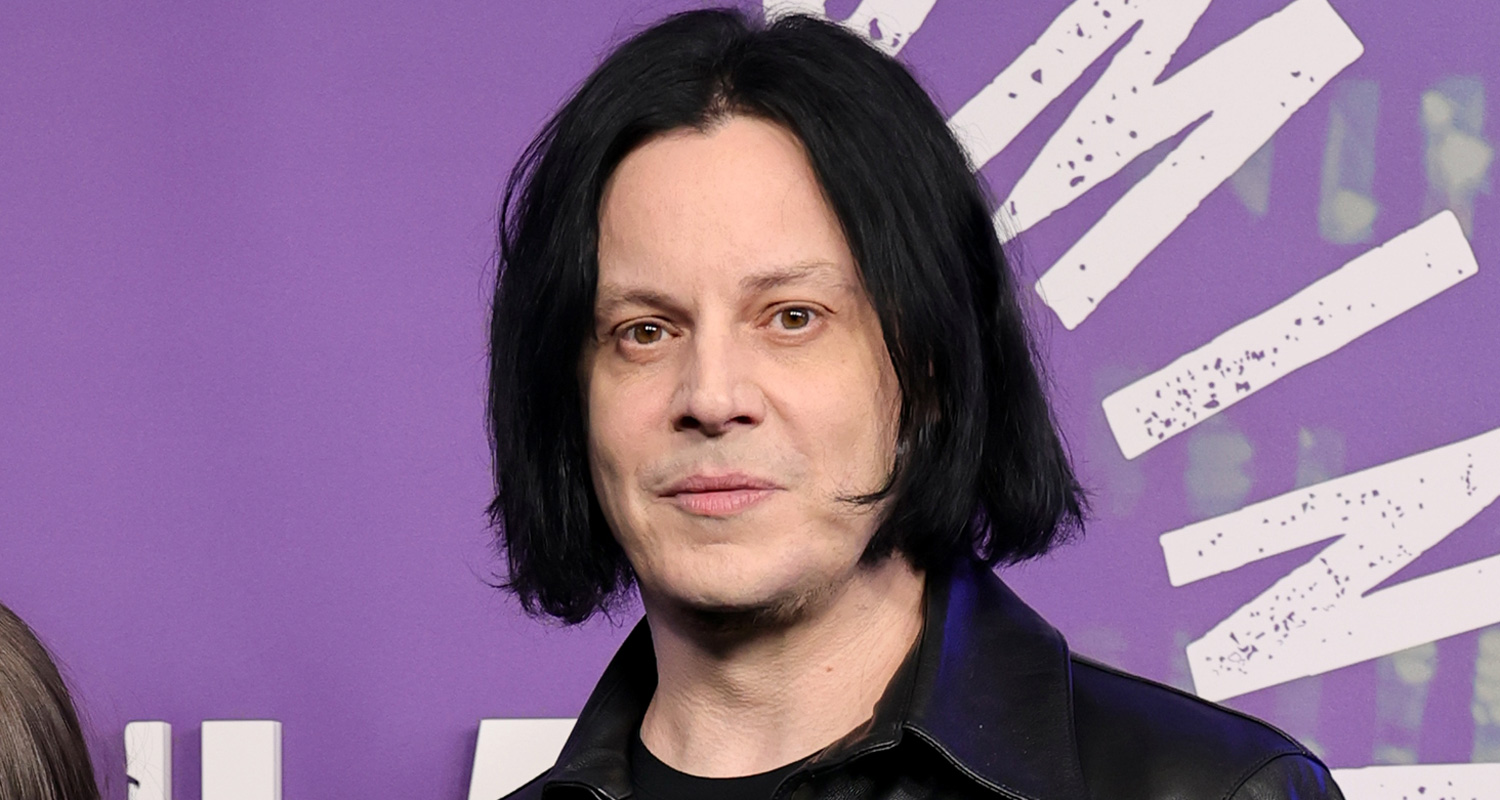Musician Jack White has publicly responded to remarks made by the White House, which referred to him as a “washed up, has been loser” following his criticism of former President Donald Trump. This exchange highlights ongoing tensions between the artist and political figures, reflecting White’s commitment to expressing his views on current affairs.
The incident began when White made headlines for his outspoken comments about Trump during a recent performance. His remarks resonated with fans, but they also drew the ire of the White House, leading to the derogatory response. In a statement, White remarked that the administration’s comments were not just a personal attack but also indicative of a broader issue with how celebrities are treated in political discourse.
White’s Response and Broader Implications
In a follow-up statement, Jack White emphasized the importance of artistic freedom and the role of musicians in society. He stated, “I will not be silenced by any administration.” His comments underscore a growing trend where artists are willing to confront political figures directly, especially when they feel their values are being challenged.
The exchange has sparked conversations across social media, with many fans rallying behind White. They view his outspokenness as a necessary stance against what they perceive as the erosion of artistic expression in the face of political power. White’s refusal to back down is seen as a significant moment for artists standing up for their beliefs.
White’s remarks also come at a time when other public figures, including JD Vance and James Gunn, have faced scrutiny for their opinions on political matters. Vance, a U.S. Senator from Ohio, was recently heckled during an appearance in Washington, D.C., while Gunn discussed potential casting decisions in the DC Universe. These incidents reflect a broader trend where entertainment and politics increasingly intersect.
Public Reactions and Future Implications
The public reaction to White’s comments has been overwhelmingly supportive, with many praising him for taking a stand. Online platforms have been abuzz with discussions about the role of musicians in shaping political narratives. White’s situation raises questions about the responsibilities of artists in today’s politically charged environment.
As the discourse continues, it remains to be seen how this exchange will influence future interactions between artists and political figures. White’s bold stance may inspire others in the entertainment industry to speak out on issues they care about, further blurring the lines between art and politics.
In conclusion, Jack White‘s response to the White House’s remarks not only highlights his personal convictions but also serves as a catalyst for broader conversations about the role of artists in society. As political tensions grow, the potential for artists to influence public opinion and challenge authority becomes increasingly significant.







